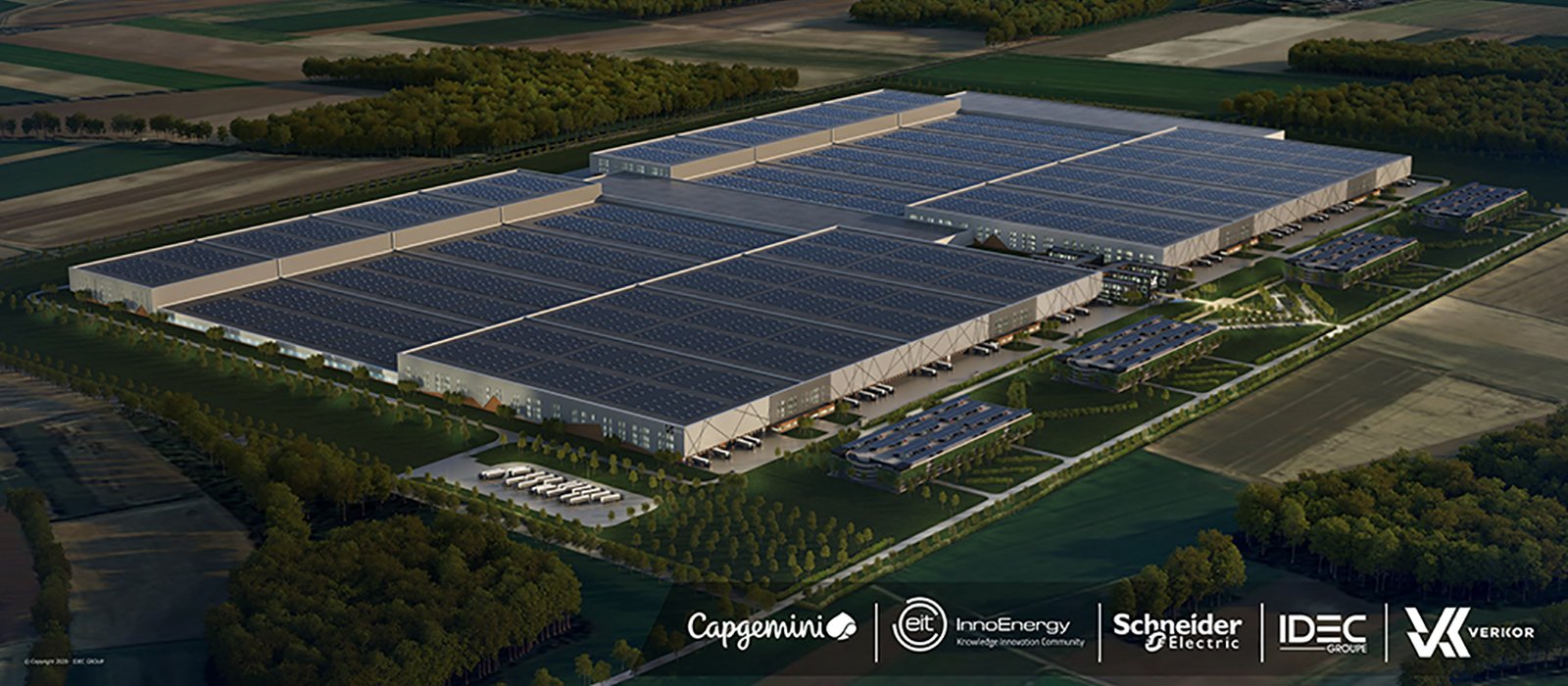In less than a year after its launch, French industrial company Verkor has secured investments totalling €100 million. This funding is to be used to break ground on the Verkor Innovation Centre (VIC) in Grenoble which is expected to be fully operational by 2022. The VIC will foster the development of advanced battery cells and modules with a target output of 16 GWh by 2024, and upping the juice to +50 GWh by 2030.
To be fair, €100 million pales in comparison to the recent $2.75 billion Sweden’s Northvolt received, but it does signal another major player on the Gigafactory scene. Something we can all benefit from.
The VIC is slated to house a pilot line for battery cell manufacturing, an R&D centre and testing facilities, as well as provide the necessary training for an entirely new generation of engineers and technicians.
French Minister of Industry Agnès Pannier-Runacher commented, “With the automotive industry facing unprecedented challenges, the investments we make today will turn into tomorrow’s jobs. Our goal is to accelerate the development of innovative digital processes for battery cell manufacturing, which will be implemented in the future Gigafactory.”
The investment in Verkor was co-led by EQT Ventures and Renault Group. The raise also saw participation from the French Government and Auvergne- Rhône-Alpes Region, as well as EIT InnoEnergy, Groupe IDEC, Schneider Electric, Capgemini, Arkema, Tokai COBEX and the Fund for Ecologic Modernisation of Transport (FMET) managed by Demeter.
Notably, through the investment, Verkor picks up the industrial expertise of Tokai COBEX, a speciality manufacturer of low-carbon, ultra-efficient battery anode materials.
This investment also follows on an agreement signed between Verkor and Renault Group whereby Verkor will supply an initial capacity of at least 10 GWh per year for the C and higher segments of the Renault range, as well as for the Alpine models.



Would you like to write the first comment?
Login to post comments